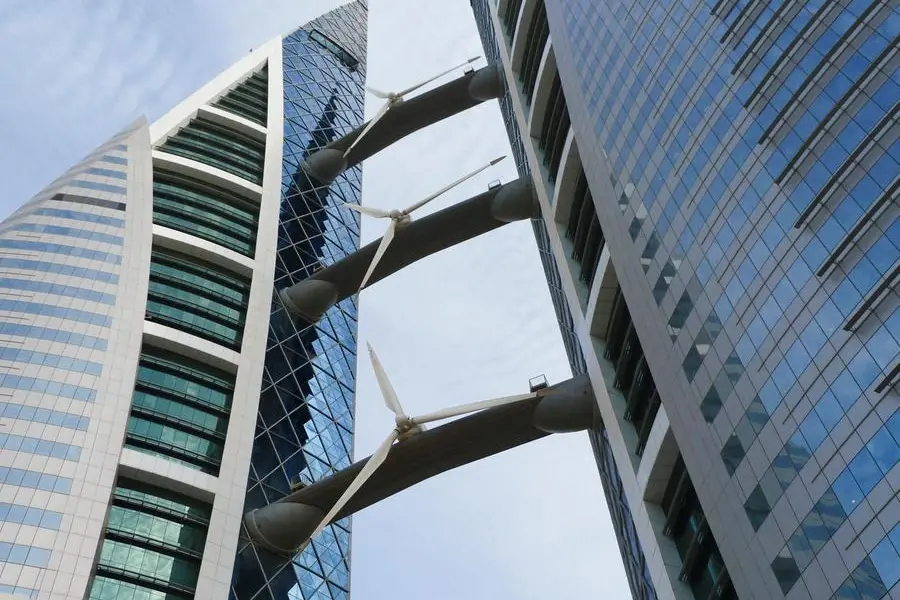PHOTO
Bahrain is the only GCC country that maintains its 2024 growth forecast of 3.6 per cent, the highest in the region, in the latest regional economic outlook for the Mena by the International Monetary Fund (IMF).
Citing ongoing conflicts and lower oil production despite a resilient global economy, the fund has trimmed its growth forecast for the region, which is now projected to see GDP expansion of 2.7pc in 2024, down 0.7 percentage points from the IMF’s October 2023 forecast. Growth is expected to pick up to 4.2pc in 2025, shows analysis by Kamco Invest.
The downgrade reflects the impact of regional conflicts, including shipping disruptions in the Red Sea, and voluntary oil production cuts by major exporters. These factors are dampening economic activity, particularly in energy-dependent economies.
Growth projections for the GCC also saw a downward revision. The IMF now expects GCC GDP to average 2.4pc in 2024 and 4.9pc in 2025, down from earlier forecasts of 3.7pc and 5.2pc, respectively.
Saudi Arabia’s outlook worsened significantly and the GCC’s largest economy is now projected to grow at 2.6pc in 2024, with a fiscal deficit expected to reach 2.8pc of GDP.
Voluntary oil production cuts are leading to a decline in oil revenues for GCC and other Mena oil exporters. This has pushed up fiscal breakeven oil prices for most GCC countries, raising concerns about government finances.
The global economic outlook remains relatively optimistic, with the IMF upgrading its 2024 growth forecast to 3.2pc. Inflationary pressures are also easing worldwide, with GCC countries expected to see lower inflation than the broader Mena region.
The IMF expects Mena and GCC growth to strengthen in 2025 as the effects of current disruptions dissipate. However, the trajectory remains dependent on resolving regional conflicts and potential adjustments to oil production policies.
Copyright 2022 Al Hilal Publishing and Marketing Group Provided by SyndiGate Media Inc. (Syndigate.info).





















